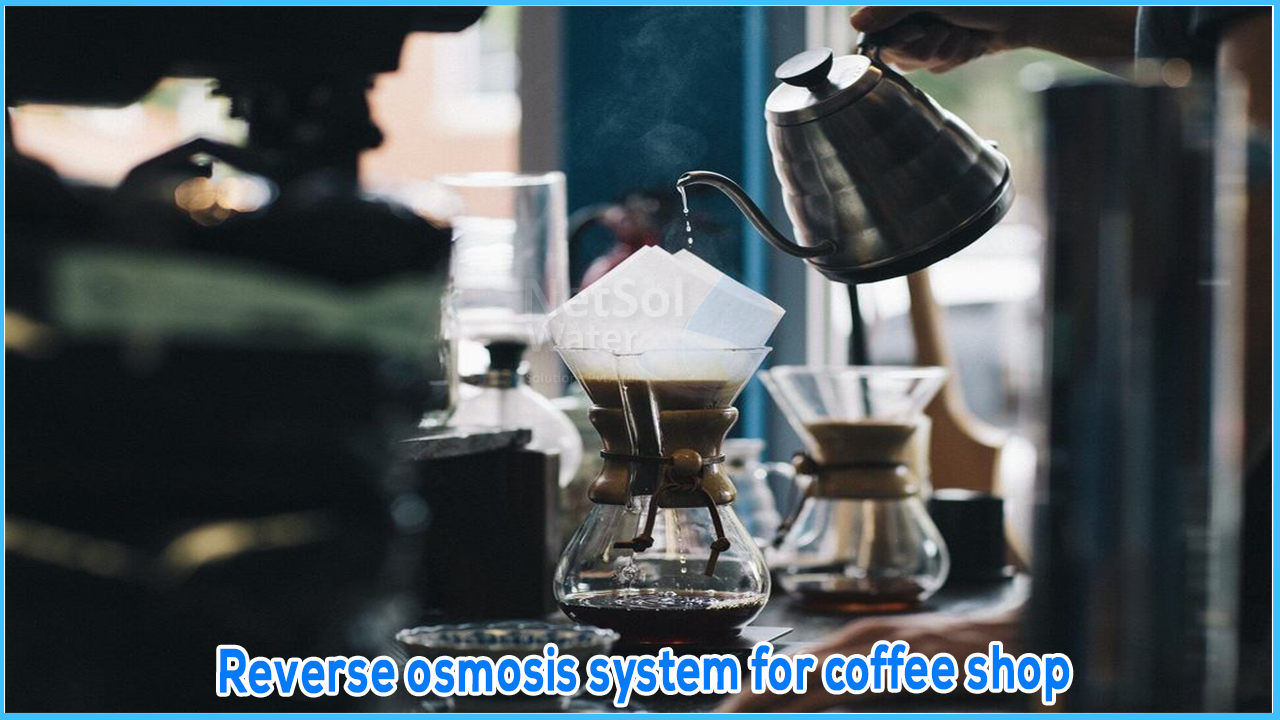Your coffee doesn’t taste good! Choose the best water for brewing it
Maybe you have knowledge of coffee. From taste lovers to owning the latest and greatest barista gear, have you ever considered another addition to make your ideal cup of coffee? Yes, we are talking about the water you use, and it turns out that it can make a big difference in your brewing whether you choose tap water, distilled water, or filtered water. What looks like a simple ingredient in coffee can actually be quite scientific given its particular taste. For example, in some cases, two alternating cups made of exactly the same beans can taste perfectly parallel when made in different water sources. Try it for yourself. Make your favourite coffee in tap water and then try it with RO water. Does it taste different? We can bet on it!
In fact, a cup of coffee is actually 98 percent water. Therefore, if the beans are roasted and the origin is carefully selected, the water that combines them can affect the taste much more than originally thought. This is because when water is combined with coffee, it basically acts as a solvent and extracts the flavour of the beans with almost no chemical reaction.
You're probably wondering, "I'm making a fuss about water, but how can I make more decisions?" As a slightly new focus in the coffee world, water depends on filters, locations and sources. It can be quite technical, we set out to study this as soon as we understood it and the boy did it make a difference! Here's a look at current findings, especially why water choices can bring about a whole world of changing cups of coffee. Believe us, you will taste the difference.
Why does water play a role in coffee preparation?
Everyone knows that water can be both "hard" and "soft" for the above reasons, but when choosing the right water for coffee, the sum of the total dissolved compounds (TDS). These are usually composed of magnesium, calcium, and bicarbonate. These are the most common minerals with a particularly strong taste. It is the balance of these beans that brings out the sweetness of some beans and the bitterness of others. It's an art, but every detail is important. Have you ever been disappointed with the results, choosing the best beans and using the best brewing techniques? It may be water. The water of choice can turn an average cup into a stellar memorable beer and, unfortunately, vice versa.
So, what is the best water to make coffee in?
Normally, there are three options here: filtration, distillation, and purification. However, the water must be completely neutral (any pH between 6.5 and 7.5 is acceptable).Your water should have a mineral content of about 150ppm, but the optimum pH of water for coffee is 7.0 (neutral).
Filtered: This is simple water that has been purified of all major impurities but contains most of the natural minerals. Regular filters (such as Netsol’s RO water plants) remove excess carbon and negative flavours, allowing for a richer flavour for the next injection.
Purified: This is fully purified, but purified water usually removes all bad elements, but also most good minerals. Cleaning systems such as reverse osmosis can often return minerals to water, but this is a long process that needs to be done daily!
Distillation: Like filtration, distillation is not very suitable for making coffee (unless you are brewing coffee grounds under pressure, for example when making espresso). Overall, distillation is much better than corn.
How do you taste the water of delicious coffee?
First of all, of course, you shouldn't make coffee with water that doesn't taste good on its own. Your water should be clean and free of odours and dyes. With a neutral pH value, the best water for making coffee ideally contains about 150 mg / l of total solvent (TDS). We are also looking for about 10 mg / L of sodium, 40 mg / L of total alkalinity, and 0 mg / L of chlorine.
Is it okay to make coffee using RO water?
It is recommended to use reverse osmosis (RO) water for coffee. Distilled water is not recommended because it is too pure to brew and most, if not all, flavours remain. Bottled water is usually the best option in this case, as own-brand supermarket water has a lower mineral content than major brand water.




